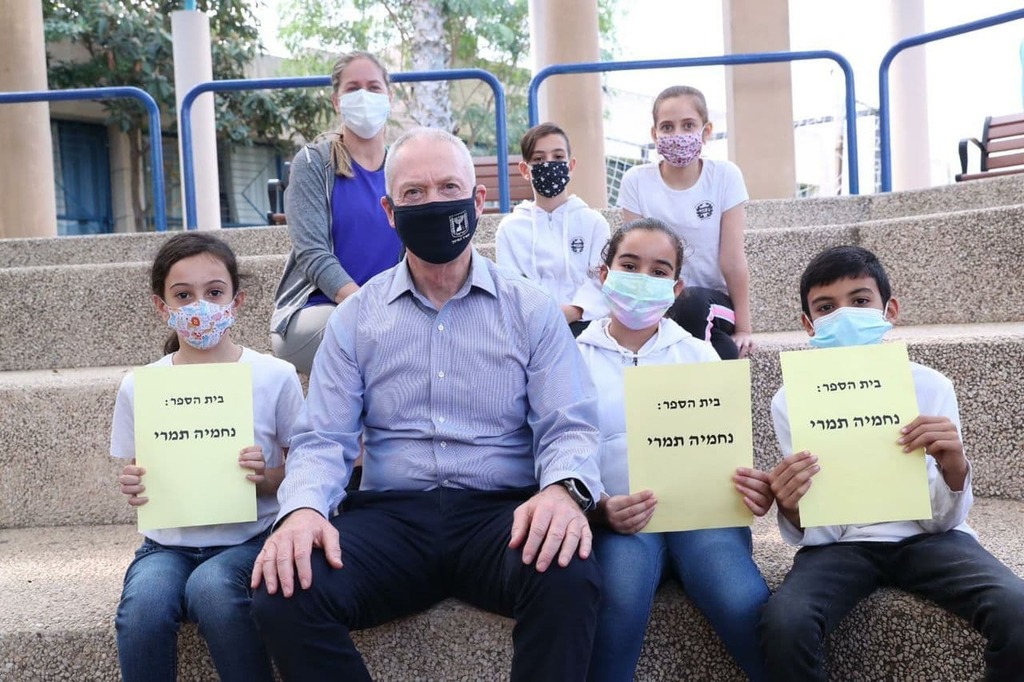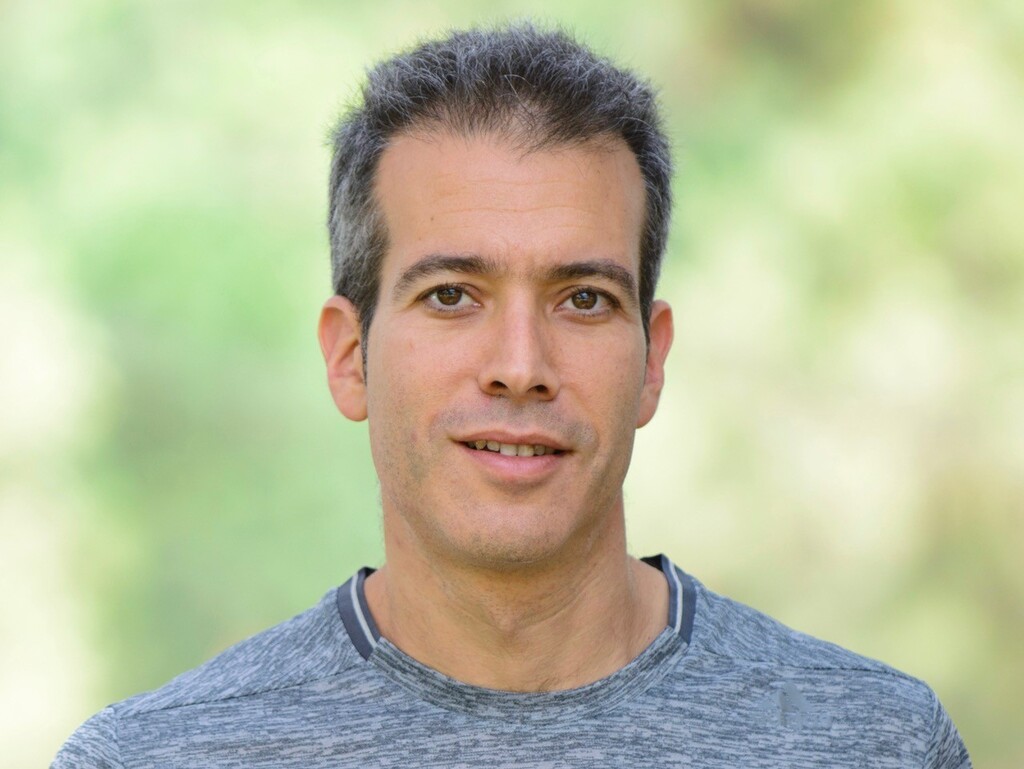Israel should reopen schools in areas with low coronavirus infection rates, a scientist advising the government on its pandemic response said Monday, warning that unlike businesses, "children cannot be financially compensated for lost [school] time."
Prof. Eran Segal, creator of the Weizmann Institute of Science's coronavirus prediction model, told Ynet that two weeks after the second stage of eased restrictions, there was no significant increase in the number of people with COVID-19, and that the country's virus reproduction number (or R value) – the average number of people to whom each infected person will pass the virus – remained below 1.
Israel went into its second national lockdown on September 19, on the eve of the Jewish New Year, in an effort to reduce its soaring infection rate. It began to emerge from the closure a month later, with the country reopening in a more gradual manner than from its first lockdown that ended in May.
Segal called, however, for Israel to wait with further lockdown exit measures, such as reopening shopping malls, but said that the education system should be opened.
"When we look at all those hospitalized, not just those in serious condition but also those in mild and moderate condition, we see a reliable and stable index with an R number of below 1. I think we should be careful and wait with other actions [including] the reopening of malls and commerce. These things will probably greatly increase the rate of infection," he said.
3 View gallery


High school students in Haifa call for their school to be reopened
(Photo: Gal Forman)
"The exception in this case is the education system," Segal said. "Unlike trade and business, which can be compensated with money, the children in the education system cannot be compensated with money for the time that has elapsed. In terms of values as well, the state should prioritize education."
Israel saw 613 new coronavirus cases on Sunday, the Health Ministry said Monday morning. A total of 532 patients are being treated in hospitals, with the number of severe patients dropping to 294 and the number of people on respirators remaining stable at 130. The ministry said that 23,553 tests were conducted on Sunday, yielding a positivity rate of 2.7%.
Segal also said that unlike commercial entities, the relative localization of the population in the education system means a lower potential for the spread of infection.
"So far we have not seen that returning first to fourth graders two weeks ago caused a significant increase in morbidity on the national level, not even among children. There is something unique in the education system, as it is usually very localized to a community. Perhaps teachers come from other communities, but the students are mainly from the local area," Segal said.
"Therefore, it can be said that when the education system is local to the city and there is very low morbidity in that city, the education system can be opened. In cities [with low infection rates], the education system can be broadly opened," he said.
"Currently in Israel… 90% of the population are in localities where the level of morbidity is low," Segal said.
3 View gallery


Education Minister Yoav Galant visiting an elementary school in Or Akiva last week
(Photo: GPO)
Education Minister Yoav Galant also told members of the coronavirus cabinet on Sunday that more students should be returned to class due to a decline in morbidity despite the partial reopening of schools and kindergartens.
The call was opposed by the head of the public health services at the Health Ministry of Health, Dr. Sharon Elrai-Price, who called it "irresponsible."
Nonetheless, most ministers supported the return to school of students in grades 5, 6, 11 and 12.


